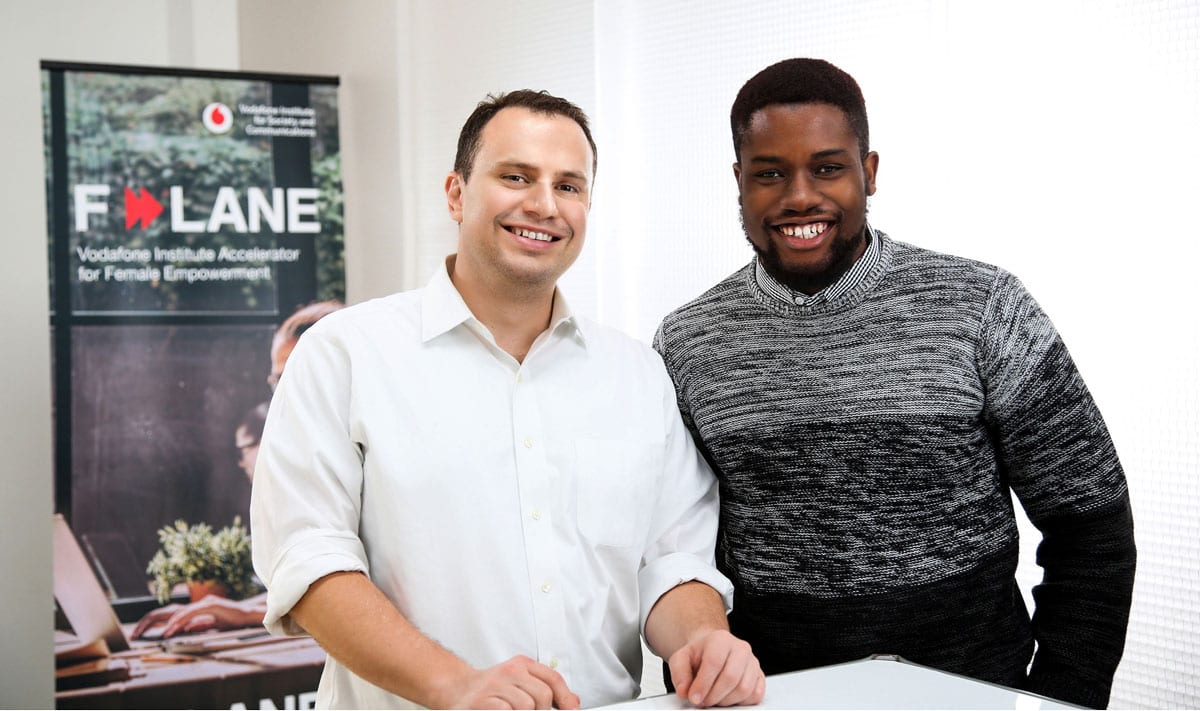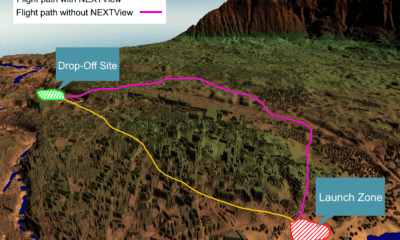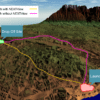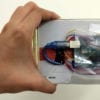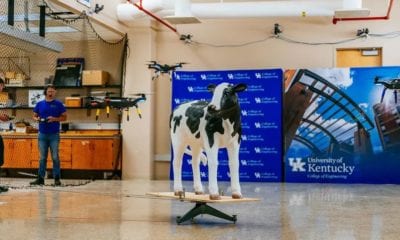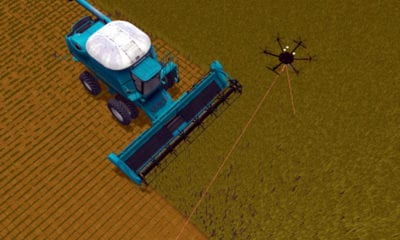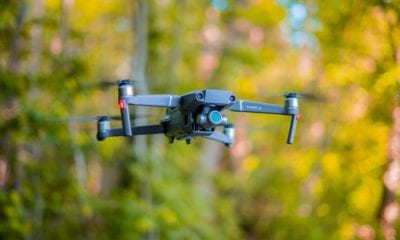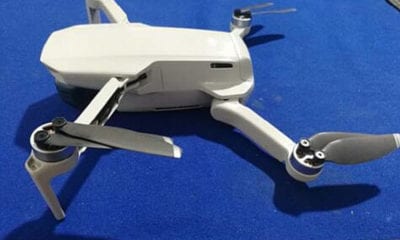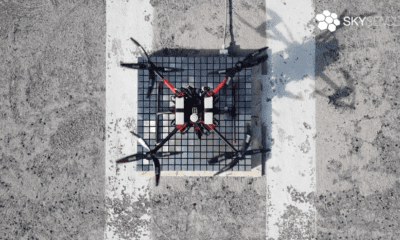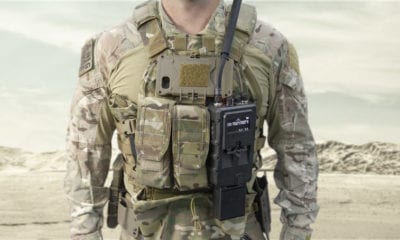Drone Start-up Mamabird Will Teach Malawi Women to Deliver Medical Supplies
Two founders behind the start-up Mamabird, will teach women in Malawi, where access to medicine is often by foot and over long distances, to improve access by delivering medical and baby supplies by drone, while also fighting against stereotypes.
Drones have long fascinated Eugene Maseya, a mathematician from Malawi. Demonstrating one of his models to his cousin, and family including two small daughters, he was surprised when his cousin’s wife said, “Were there two boys, then I would buy them a drone.”
Disturbed by this reaction, Maseya told a German magazine that his opinion differs.
“Women should use new technologies to improve their situation,” he said. And thus he founded Mamabird, together with Thomas Lauzon from the United States. Together the entrepreneurs have developed drones, with whose help they want to transport medicine, vaccines and food for pregnant women, mothers and children in remote regions of Malawi.
To achieve this, Maseya and Lauzon participated a program run by the Vodafone Institute, “F-Lane”, a technology-oriented incubator whose entrepreneurial spirit is to help solve social problems as well as focus on women. This year is the program in the third round.
Alice Deißner from “F-lane” explains why such a program is still sorely needed. In Malawi, as well as many other places, many doubt that women and technology go together. “When you’re on start up conferences or investors rounds, then you will encounter a very homogeneous group”, she says. “Start-up entrepreneurs are old and equipped with a fairly strong ego, often male, between 25 and 35 years.”
Her institute questioned a group of female start-up founders regarding their situation. Almost half said they could not be taken seriously in the industry. 62 percent felt disadvantaged by investors and lenders. “I was shocked to hear that quite a few founders take male employees to talks with investors, to be taken seriously,” said Dailey. In other countries the outlook is similar – take for example reports of sexism demonstrated most recently in Silicon Valley.
But what does this mean for the technology industry? “I’m afraid that we women will someday find ourselves in a world that is not made for us,” says Dailey. “That’s why “F-Lane” encourages young companies that focused on women. Many of them are founded by women, but not all.”
“Mamabird”, the start up founded by Eugene Maseya and Thomas Lauzon, which improve the situations of Malawian women around the country, is a perfect example of the success of this initiative. 60 to 80 percent of the population of Malawi lived in rural areas, where the nearest doctor, that next ten kilometers or further away hospital are, said Maseya. “The people have no cars, there isn’t even in Malawi network of roads.” Anyone who needs a doctor or medicine must currently travel long distances on foot or by bike.
In Malawi, this can mean the difference between life or death. Many pregnant women have their babies in their home village, in very poor hygienic conditions. Malawi has one of the highest infant mortality rates in the world, says Maseya. Many children were also malnourished – and Mamabird could help change all this.
Maseya has already experienced how he can improve the situation in his home country with the help of drones. He met Thomas Lauzon through the internet three years ago, drawn together by an interest in a call for tenders by UNICEF. The non-governmental organization wanted to transport blood samples on drones in hospitals. Although another company won the UNICEF contract Maseya and Lauzon stayed in touch and in time considered a joint venture.
When Lauzon visited Malawi, he saw the desperate situation of the local families. “The situation of women and children has opened my eyes”, he said. In Malawi up to 20 people would share two small huts there, and he heard reports of women losing children due to the bad conditions to see their tears. “That crushed me completely,” he said, thinking, “We must do something.”
From these fledgling thoughts, Maseya and Lauzon hatched the idea for Mamabird. They want to train women to use the drones themselves. For example, they plan to provide participating women smartphones or a tablets equipped with how-to videos on how to fly drones. “We want to encourage including their daughters to engage in technology”, says Lauzon.
So far, they have created three packages that can be delivered by drone. The first is a “clean-birth-Kit”, which includes a sterilized blade, disinfectant and medicines. The second is a package of therapeutic foods, one a fast guaranteed calorie intake to help combat malnutrition. The last package contains a Finnish-inspired baby bed: “Many babies in Malawi spend their first days in an environment in which they can be infected with diseases,” said Maseya.
Soon, the founders want to test their prototypes in Malawi. They are already in talks with UNICEF, and in the future plan up to 2000 flights per day with 2000 and extend their business to other African countries.

